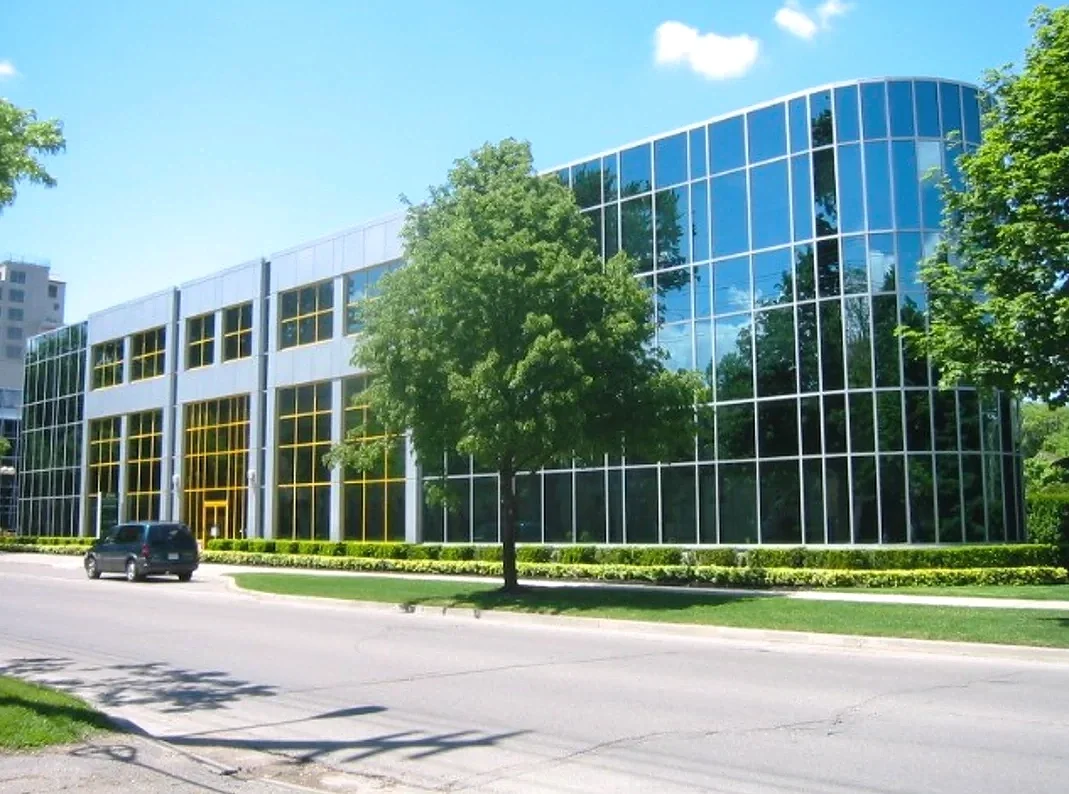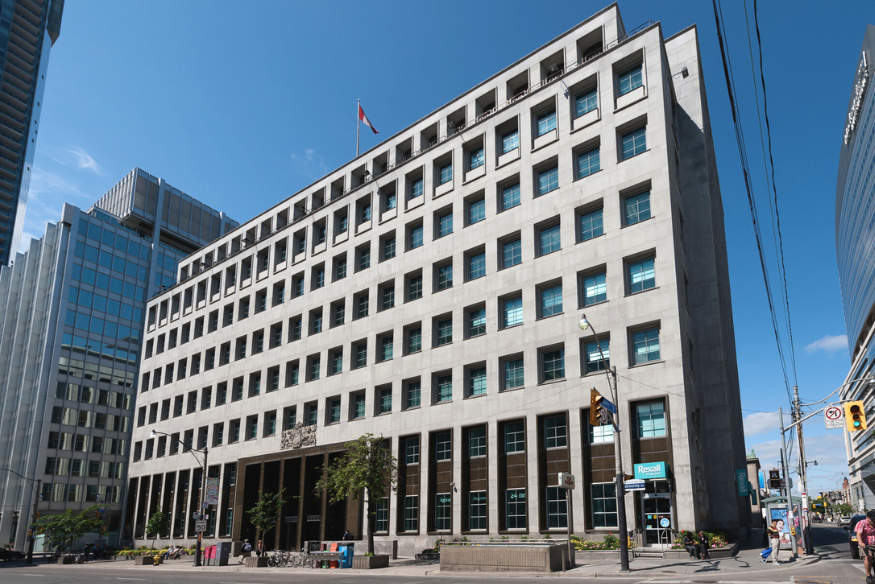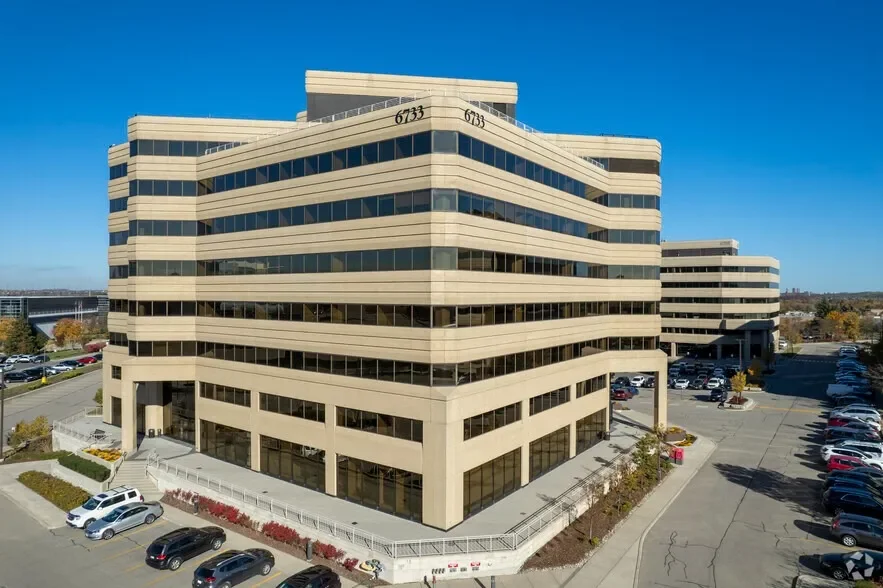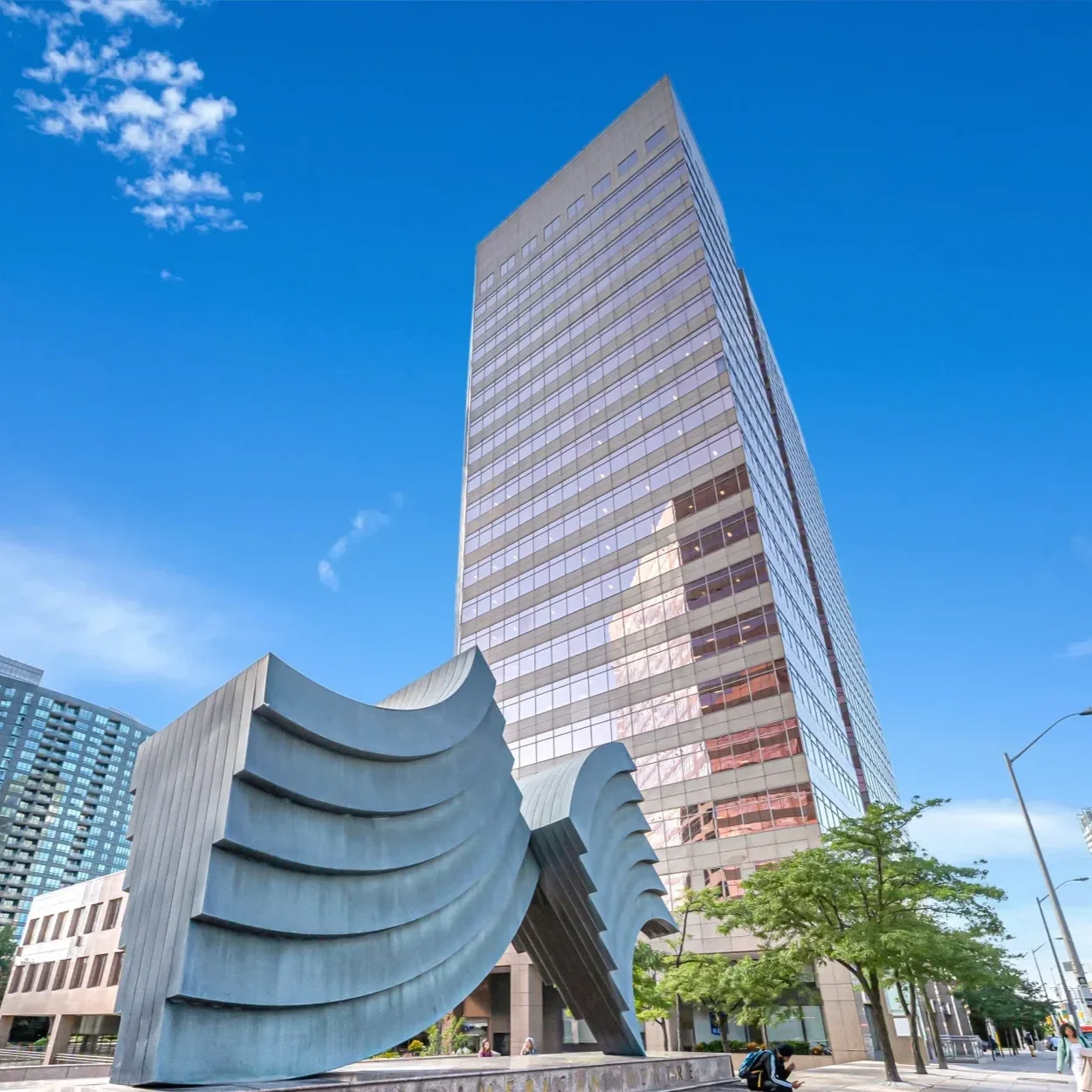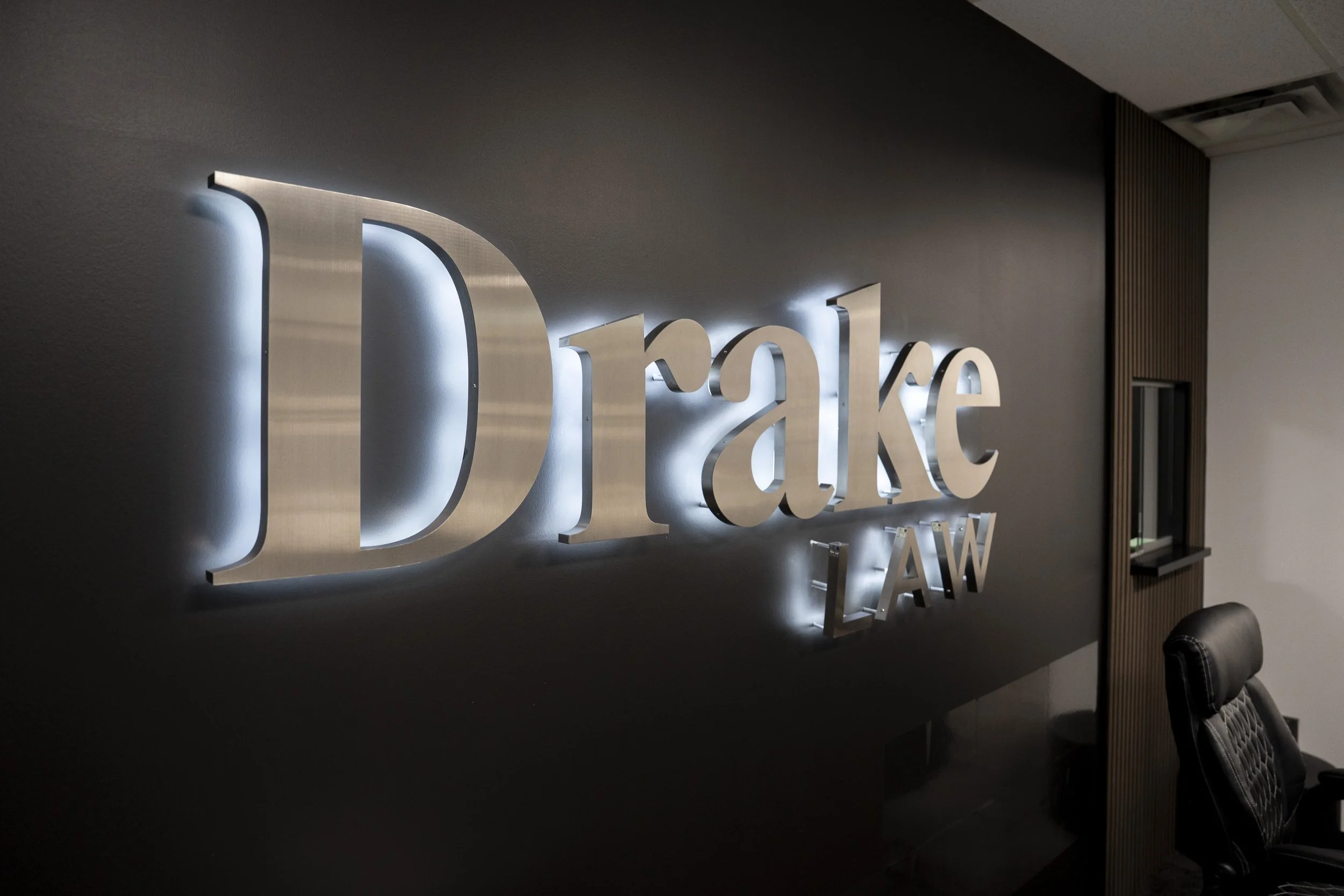
To discuss your legal needs, phone us, use the contact form below, or email us at info@drakelaw.ca. You may also schedule an appointment to meet with our lawyers at our London head office or any of our branch office locations. We are ready to provide the legal assistance you require and look forward to connecting with you.
While our primary language of service is English, our team includes lawyers who communicate in several languages, such as French, Spanish, Arabic, and Bulgarian. If you are more comfortable communicating in one of these languages, please inform our office when you contact us, and we will ensure you are paired with the appropriate lawyer.
Contact Us
Contact Form
Our Office Locations
Kitchener-Waterloo
🏠︎ 210-137 Glasgow Street, Suite 324, Kitchener, ON N2G 4X8
Hamilton
🏠︎ 21 King Street West, Suite 518 5th Floor Regus Building, Hamilton, Ontario L8P 4W7
Toronto
🏠︎ 250 University Avenue, Suite 266 Toronto, ON, M5H 3E5
Oakville
🏠︎ 690 Dorval Drive, Suite 200, Oakville, ON, L6K 3X9
Mississauga
🏠︎ 6733 Mississauga Road, Suite 700, Mississauga, ON, L5N 6J5
North York
🏠︎ 5700 Yonge Street, Suite 200, North York, ON, M2M 4K2
Richmond Hill
🏠︎ 225 East Beaver Creek Rd Suite 700. Richmond Hill ON L4B 3P4
Windsor
🏠︎ 6-2557 Dougall Avenue, Suite 226, Windsor, ON N8X 1T5
Where We Practice
Drake Law serves clients across Southwestern Ontario from our head office in London and branch offices in Sarnia, Windsor, Kitchener-Waterloo, Oakville, Mississauga, Toronto, North York and Richmond Hill. We also extend our services to other major cities and jurisdictions including Woodstock, Chatham-Kent, Ingersoll, Windsor, Cambridge, Guelph, Brantford and Hamilton. Our strategically located offices allow us to provide comprehensive legal support and personalized service to individuals and families throughout the region.
Frequently Asked Questions
-
As the client, you will decide the general direction of your matter. As your lawyer, our job is to provide you with legal advice on the different options available to move your matter forward, including the pros, cons and costs associated with each. We will usually make a recommendation, but the final decision will be yours. We will then provide legal services necessary to carry out your instructions.
We cannot accept instructions that conflict with our duties to the courts, other lawyers, or the public. The Code of Conduct of the Law Society of Ontario sets out the standards we as lawyers are to meet.
-
Two-way communication is very important in a lawyer-client relationship. Many of our lawyers communicate by email or phone. Regular contact with you is critical to provide updates on your matter and obtain your further instructions.
Our goal is to respond to your calls or emails in a timely fashion, and we request that in turn our client’s do the same. If we do not receive instructions from you on a matter, we are unable to continue to provide legal services on your behalf.
-
At Drake Law, we understand that legal matters are complex enough without a language barrier. Our team includes lawyers who are able to communicate in several languages besides English, including French, Spanish, Arabic, and Bulgarian. If you would be more comfortable communicating in one of these languages, please inform our office when you contact us, and we will ensure you are paired with the appropriate lawyer.
-
Certain communications between solicitor and client are absolutely confidential. This is known as “solicitor-client privilege.” Because of it, you can give your lawyer all the facts relevant to your matter without fear that prejudicial information will become public.
Not all solicitor-client communications are privileged. The privilege only arises when the client reveals information in confidence to obtain legal advice or services. Information that you give your lawyer that is not privileged is instead treated as confidential, and, as such, may be disclosed in certain circumstances.
-
To retain a lawyer means to hire a lawyer to assist you with your legal matter. There are two parts to hiring a lawyer: a retainer agreement and the payment of a retainer.
Once we have been retained by you, we will provide you with a retainer agreement which sets out the matter on which you have sought our services and details of the lawyer-client relationship. This includes how you will be charged for legal services, forms communication with you and assurance of confidentiality. This is signed by the party’s before coming into effect.
Many lawyers will also require the payment of a retainer before providing legal services. A retainer is essentially a down-payment on legal services, which is held in trust by our firm for you. As we perform legal services on your behalf and provide an invoice for those services, we will draw down the retainer. Once it has been depleted, we may ask for an additional retainer if more work is required to be performed on your behalf. If your matter is resolved and there are still retainer funds being held in trust for you, the remaining funds will be returned to you.
-
Our invoices are broken into two categories: expenses and activities.
Activities are the legal and administrative work conducted on your file. They are our charges for services and are subject to HST. Typically, legal fees are charged on an hourly rate or time basis. In determining the chargeable time for a matter, we include telephone calls, emails, meetings, preparation time, sending, receiving, and reviewing correspondence, drafting documents, travel time, reviewing documents and files, research, court appearances and all time spent in providing legal services to you on the matter. We will provide you with regular invoices which will detail the services provided to you.
Some legal services (such as those pertaining to Will drafting for example) are provided at a flat-rate charge. Expenses are disbursements which are payments we make to third parties for expenses incurred on your behalf. We incur these expenses as your agent. Some examples include courier charges, Land Titles Office fees, Corporate Registry fees and court filing fees. You will be responsible for paying our disbursements on your matter as well as HST, where applicable. Other charges include charges for non-legal services, such as photocopying, printing and special stationary costs.
-
We maintain a separate bank account for money we hold in trust for our clients, designated as a trust account. The Law Society of Ontario has very strict standards for lawyers’ trust accounts. Trust accounts are audited annually by a professional accountant and the results of the audit are reported to the Law Society. The Law Society also conducts spot audits, to ensure all the rules and regulations are followed.
Need to Make a Payment?
Join Our Team
For current job listings and to apply online, check the links below.

